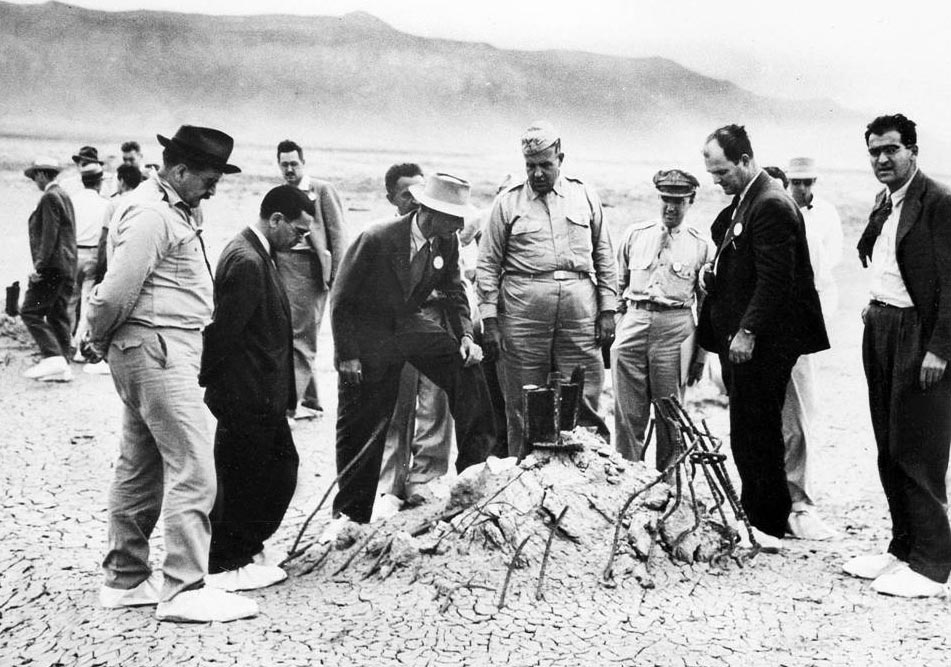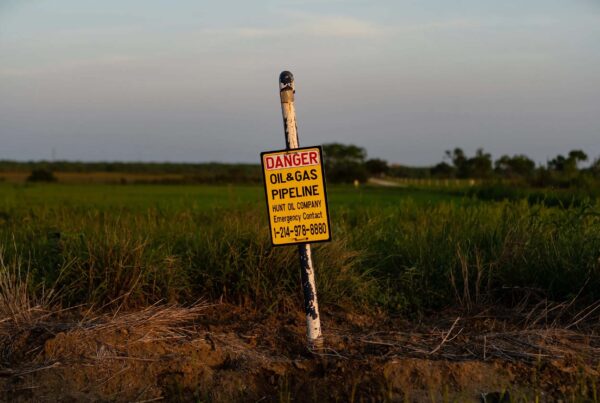Seems like its been quite some time since there’s been buzz around summer blockbusters that’s matched that of “Barbenheimer.” For the uninitiated, that’s the portmanteau of “Barbie” and “Oppenheimer,” two much-hyped movies to be released on Friday with starkly different tones.
“Oppenheimer” tells the story of Robert Oppenheimer, the so-called “Father of the Atomic Bomb,” and the development of a weapon that changed the course of history.
But just how faithful of a retelling is director Christopher Nolan’s latest film? Journalist Greg Mitchell, author of “The Beginning or the End: How Hollywood Learned to Stop Worrying and Love the Atomic Bomb,” and more recently, a Substack about Robert Oppenheimer, joined Texas Standard to offer his insight. Listen to the interview above or read the transcript below.
This transcript has been edited lightly for clarity:
Texas Standard: I want to ask you about your background. You’re also the author of a Substack about Robert Oppenheimer – “father of the atomic bomb,” as he’s often referred to. What’s behind your personal interest in the atomic era and how Hollywood has depicted it?

The real J. Robert Oppenheimer, who is portrayed by Cillian Murphy in the film. Public domain photo
Greg Mitchell: Well, I’ve been writing about it for 40 years now. Three books. I recently directed a documentary film. But I like to say it goes back to what became and remained my favorite movie of all time, which was “Dr. Strangelove” in the early 1960s.
I was, you know, a younger person and one of the many who were caught up in the nuclear terror of the time. And for some reason, “Dr. Strangelove” really clicked with me, and I sort of remained interested in the bomb for forever, really.
The story that you explore in “The Beginning or the End,” the first movie about the atomic bomb if the we’re talking about 1947 docudrama of the same name… Could you say a little bit more about that film for those who aren’t familiar with it and the controversy that surrounded it?
Yeah, it was launched by MGM shortly after Hiroshima, and it was inspired by the atomic scientists who were warning about the future of nuclear weapons and not building bigger and more of them.
After it got to MGM and they did the first scripts, suddenly the Pentagon under Gen. Groves, who you’ll see in the “Oppenheimer” movie, and President Truman, who you’ll also see, their intervention turned the film – which was supposed to be kind of a warning to the world – really into pro-bomb propaganda.
Oppenheimer himself kind of played a disgraceful role in that he finally caved and allowed himself to be depicted and serve as narrator in this drama, even though he knew it was very badly written and had contained many falsehoods.
We should point out, so folks aren’t confused, the new “Oppenheimer” movie is based on a different book, a biography of Oppenheimer called “American Prometheus,” I believe. I understand you’ve had a chance to see the new “Oppenheimer” film. What did it seem to get right and get wrong?
Well, it gets a lot, right. I’d say it’s tremendously accurate. You know, it is based on the book by two friends of mine. And unlike, let’s say, Oliver Stone’s “JFK,” it is, I would say, quite accurate and doesn’t deal in conspiracy theories or anything like that.
I guess my concern with it somewhat is in the omissions. It does leave out a lot in terms of what actually happened after we use the bomb.














